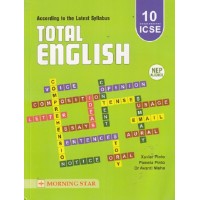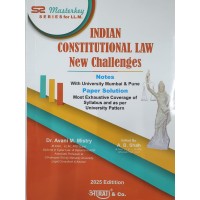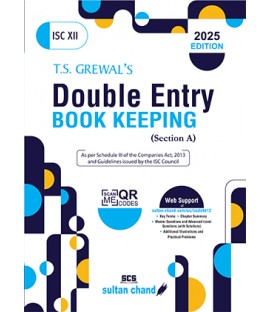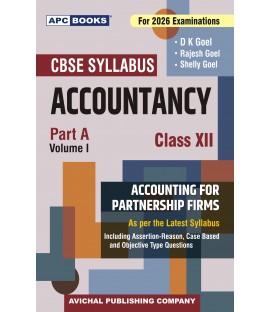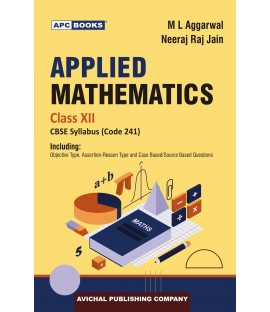Financial Management (Paper-II) TYBAF Sem 5 Manan Prakashan
- Publisher : Manan Prakashan
- Author: Ainapure - Ainapure
- Edition: 2024
- Availability: In Stock
- Normally Deliver within 3-4 days
-
Rs.255

-
Description :
This Book is base on latest updated syllabus and paper pattern prescribed by Mumbai University for BAF (Bachelor of Accounting & Finance) 3rd Year semester 5 published by manan Prakashan.The knowledge gained through the study of this subject will be useful to the students of all through their in Accounting & Finance professional lives.
Syllabus
1. Strategic Financial Management
Strategic Financial Management – Need and Importance
Corporate, Business and Functional Strategy
Financial Planning – Need and Importance
Profit Maximisation
Wealth Maximisation
Interface of Financial Policy and Strategic Management
Relationship of Finance to Economics and Accounting
Role of Financial Manager2. Capital Budgeting – Project Planning and Risk Analysis
Introduction – Capital Budgeting Process, Project Classification and Investment Criteria
Techniques of Capital Budgeting – NPV, Benefit Cost Ratio, Internal Rate of Return, Modified Internal Rate of Return, Payback Period, Discounted Payback Period and ARR (Inclusive of Estimation of Project Cash Flows)
Capital Rationing – Meaning, Need and Dealing with Capital Rationing Problems, Risk Analysis in Capital Budgeting – Sources and Perspectives of Risk, Sensitivity Analysis, Scenario Analysis, Simulation Model, Decision Tree Analysis and Break-even Analysis3. Capital Structure Theories and Dividend Decisions
Capital Structure Theories – Background, Assumptions, Definitions and Taxation and Capital Structure
Types – Net Operating Income, Net Operating Income Approach, Traditional Position, Modigliani and Miller Approach, Trade off Theory and Signalling Theory
Dividend Decisions – Need, Importance, Formulation, Legal and Procedural Aspects
Dividend Decision Models – Walter, Gordon, Graham and Dodd Model and MM Model4. Mutual Fund and Bond Valuation
Introduction to Mutual Fund – History and Origin, Definition, Meaning, Characteristics, Advantages, Disadvantages, Limitations of Mutual Funds, Ethics in Mutual Fund. Entities involved – Sponsor, Trust, Trustee, Asset Management Company, Registrar and Transfer Agent (RTA) and Fund Houses in India
Classification of Mutual Fund – Functional/Operational – Open ended, Close ended, Interval, Portfolio – Income, Growth, Balanced, MMMF, Geographical/Location -Domestic and Offshore, Tax Saving Funds, Exchange Traded Funds, Balanced Funds, Fixed Term Plan Debt Funds and SIP
Calculations of NAV, Entry Load and Exit Load
Bond Valuation – Meaning, Measuring Bond Returns – Yield to Maturity, Yield to Call and Bond Pricing. Bond Pricing Theorems, Bond Risks and Bond Duration
(Practical Problems on YTM and Bond Duration)5. Credit Management
Credit Management – Terms of Payment, Credit Policy Variables, Credit Evaluation, Credit Granting Decision, Control of Accounts Receivables i.e. Receivables Management, Ageing Schedule and Credit Management in India
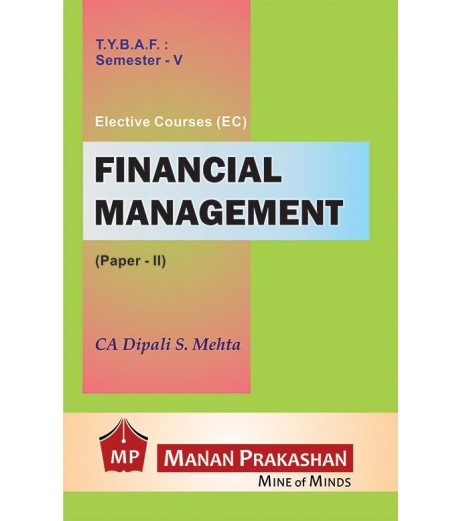
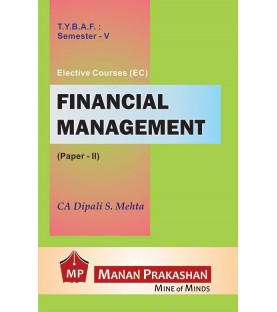


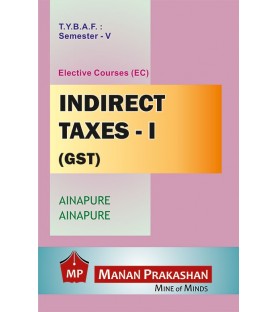









-110x200.jpeg)












